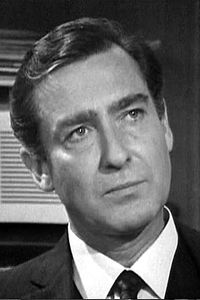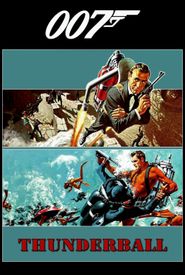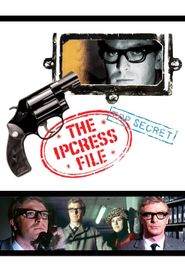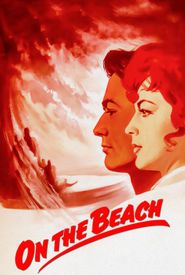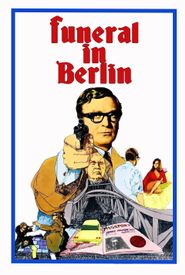A notable individual from New Zealand, distinguished by his rugged appearance and impressive repertoire in Australian cinema and theatre, boasts a remarkable array of achievements as an actor, radio personality, and compère. In August 1952, his outstanding performance in the Actor's Choice half-hourly play, "The Coward", garnered a £300 prize, which he utilized as a travelling fund to embark on a journey to Hollywood. Upon arrival, he secured a supporting role in the adventure film His Majesty O'Keefe (1954),subsequently making an uncredited appearance in Alfred Hitchcock's Dial M for Murder (1954). Despite struggling to secure more substantial roles, Doleman returned to Australia, where he discovered consistent employment on radio and the stage in Sydney, Melbourne, and Adelaide between 1957 and 1960.
Notably, it was the pivotal decade of the 1960s that brought about the most significant and enduring triumphs in Britain for the esteemed actor, whose remarkable career was marked by a plethora of iconic roles that continue to be fondly remembered to this very day.
One of his most memorable and enduring performances was his portrayal of Count Lippe, a suave and sophisticated SPECTRE operative, in the James Bond film Thunderball, which was released in 1965 and has since become a beloved classic.
In addition to his notable appearance in Thunderball, Doleman also delivered a standout performance as Colonel Ross, a hard-edged and enigmatic spook, in the Harry Palmer trilogy, which kicked off with the 1965 film The Ipcress File.
Furthermore, he made a lasting impact as the first 'Number 2' in the cult classic television series The Prisoner, which aired in 1967 and starred the incomparable Patrick McGoohan.
Eventually, Doleman relocated to Los Angeles, where he sadly passed away in January 1996 due to complications from lung cancer, leaving behind a legacy of unforgettable performances that continue to captivate audiences to this day.
